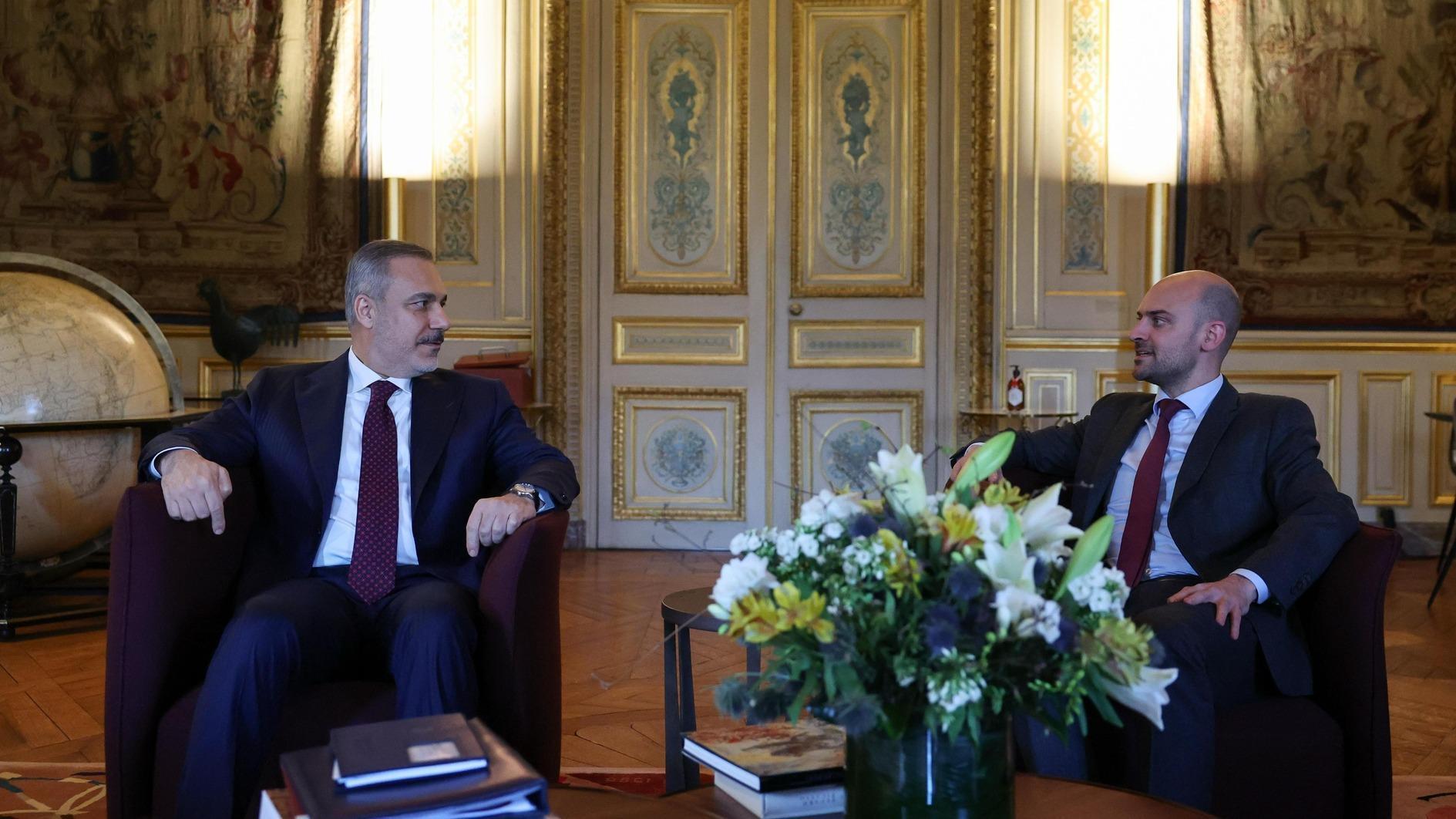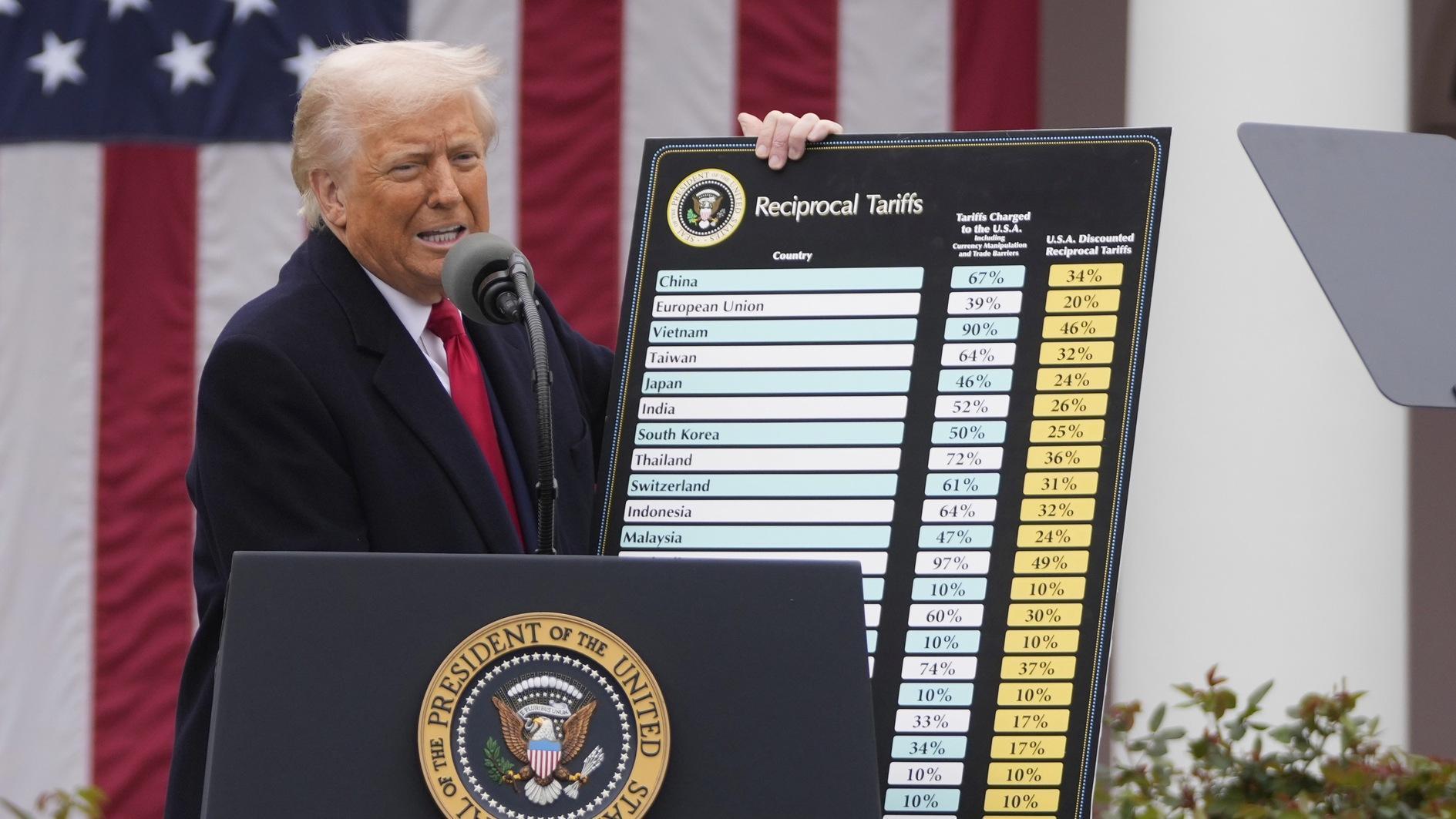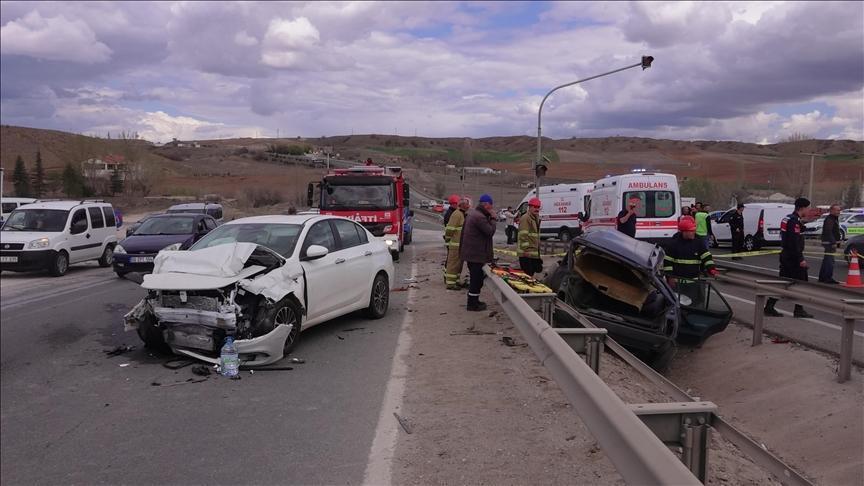The PKK and negotiations alla Turca
You can have both covert and overt negotiations in order to solve the problems with an organization pursuing a politico-military strategy. You can keep the negotiations covert until a certain stage and then open them to the public eye. In any case, both modalities have their advantages and disadvantages. However, regardless of the method chosen, the professionalism of those managing the process, the political system and culture all affect the outcome.
The Erdoğan government shared three important aspects of the negotiations with the public at the beginning of the process. First, they declared that their counterpart was Öcalan. The idea was to prevent cacophony and manage the process with the actor at hand. Secondly, the negotiations were to be overt. Past experience demonstrated how easy it was to manufacture consent. Finally, there would be no third parties involved. The government noted the nationalistic tendencies and conspiratorial thinking of the people and called this a national process.
According to mild remarks made after the negotiations with Öcalan were publicly acknowledged, he was a very understanding figure. He even “stopped making harsh demands.”
Such news and comments aimed at the management of public opinion continued until the documents of a meeting between Öcalan and the BDP deputies were leaked. Then, the people started discussing not only the PKK problem, but also freedom of the press. What has happened hints at what will happen.
The method of overt negotiations is likely to cause a series of problems. In any case, some aspects of the negotiations are clearly extralegal. For instance, the transfer of Öcalan’s messages through the deputies to the armed wing of the PKK is an obvious crime under the law. If such acts are tolerated today, it will be difficult to put them in a proper context in the long run. Accordingly, a large segment of public opinion and opposition parties have already voiced their harsh criticisms.
In addition, the way the BDP is constantly changing the negotiators and sending new amateurs to talk with Öcalan is a fruitless approach that might create serious risks in the long run. Finally, although there is currently no debate on the third party, this might be a future problem.
The leak has proved that both sides are afraid of public pressure. If the government had opted for covert negotiations for the initial phase, it would have managed the process more easily and protected both sides from public pressure. Today, however, problems are bound to accumulate as days go by.











